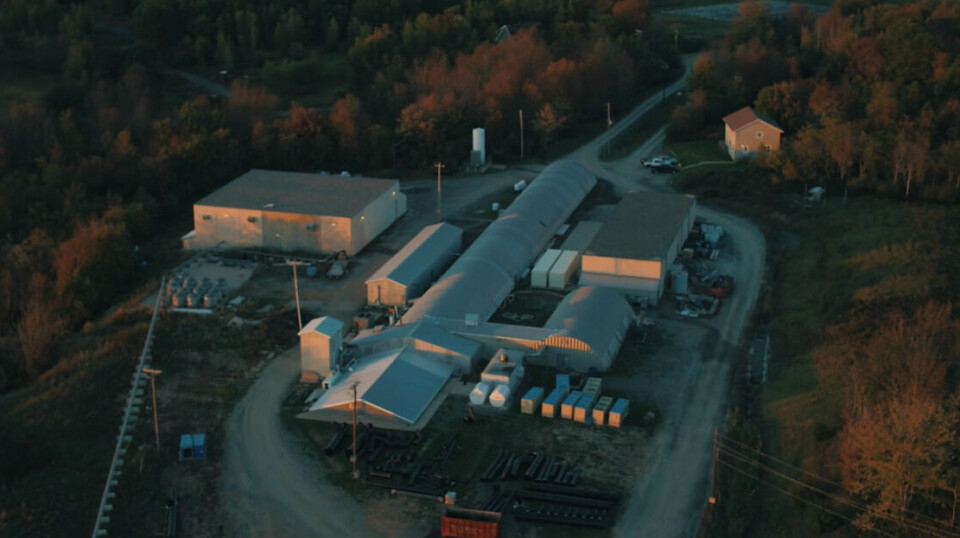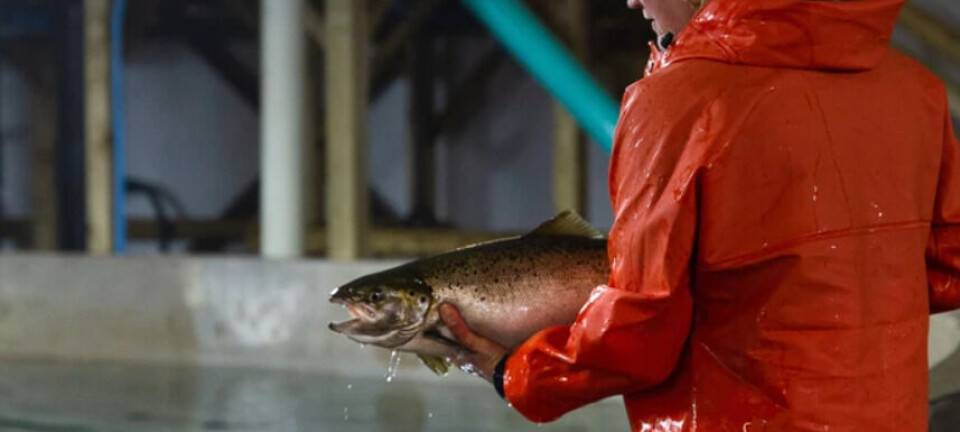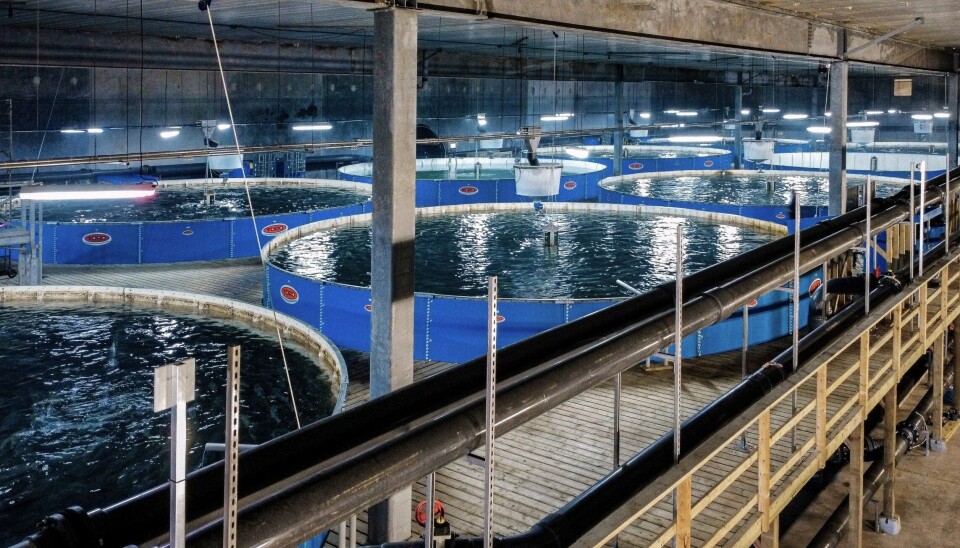
Receiver appointed for Sustainable Blue
Judge says move is the only way to save land-based salmon farmer running out of time and money
A judge has appointed a receiver for a land-based salmon farming business in Canada after hearing that the cash-strapped company would otherwise have to euthanise nearly half a million fish, reports news website All Nova Scotia.
Nova Scotia Supreme Court Justice Darlene Jamieson yesterday appointed Deloitte Restructuring Inc. as receiver for SFFC Group, a consortium which owns Sustainable Blue, a zero-discharge recirculating aquaculture system (RAS) facility in the maritime province.
Sustainable Blue ran into trouble on November 4 last year when a structural collapse in the biological filter in one of its six production buildings led to the death of 96,000 fish which the company has been relying on for harvest and income. Another 480,000 fish unaffected by the incident were too small to harvest for several months, leaving the company without a revenue source.
Two minority shareholders - Thane Stevens and Jim Lawley - recently bought SFFC’s CAD21.6 million debt from a bank and applied for the receivership because they see it as the only the company can be saved.
Euthanisation
“Irreparable harm is in play if no order is granted as without the relief sought and the assistance of Deloitte the SFFC group will, based on the evidence before me, be forced the euthanise its remaining fish, resulting in the loss of its only revenue stream, eliminating hope of material recovery for creditors and other stakeholders,” All Nova Scotia reported Jamieson as saying.
Jamieson also noted that there are 32 full-time employees whose jobs are at risk.
The judge’s order puts Deloitte Restructuring vice president James Foran in control of the firm’s assets, undertakings and property, with a plan to launch a sale and investment solicitation process to restructure the company.
The order also authorises SFFC to borrow a further CAD1.5m this month from a company owned by Stevens and Lawley to keep the remaining fish alive.
CAD8m shortfall
All Nova Scotia reports that according to an affidavit from Stevens, that money is required for costs including CAD600,00 of essential repairs and upgrades to its systems being conducted by Blue Tech Systems Ltd, a company majority-owned by SFFC Group founder Jeremy Lee; labour (CAD175,000); feed (CAD180,000); power (CAD180,000); and insurance (CAD28,000) to keep the group’s policy active while it awaits a payout for the equipment failure and die-off.
Stevens said in the affidavit that the company needed CAD12m after the die-off to stabilise operations. Shareholders have injected CAD2.3m, while Stevens and Lawley’s company has added CAD1.5m, leaving SFFC more than CAD8m short.
SFFC Group comprises Sustainable Fish Farming (Canada) Ltd, Sustainable Blue Inc., TCAS Holdings Ltd, and TCAS IP Inc.
UK-Saudi link
Stevens and Lawley are part of a group of 36 who collectively own TCAS Holdings and a 51% stake in TCAS IP, which licenses the farm’s proprietary technology to Sustainable Fish Farming, a company majority-owned UK company Bayt Al Qoot UK Ltd, owned by Saudi investors.
Stevens alleges that the Saudi investors haven’t been contributing as much as the 36 TCAS shareholders who have provided “a disproportionally large” share of funding.
He said that since the November he and Lawley have been the primary source of emergency loans, including direct payments to creditors.
SFFC/Sustainable Blue is linked to two high profile opponents of open net pen salmon farming: Patagonia clothing tycoon Yves Chouinard, who is a shareholder, and Washington state public lands commissioner Hilary Franz, who shut down net pen farming in state-owned waters and last year signed a partnership agreement with Sustainable Blue to identify opportunities for siting sustainable finfish aquaculture in Washington.

























































